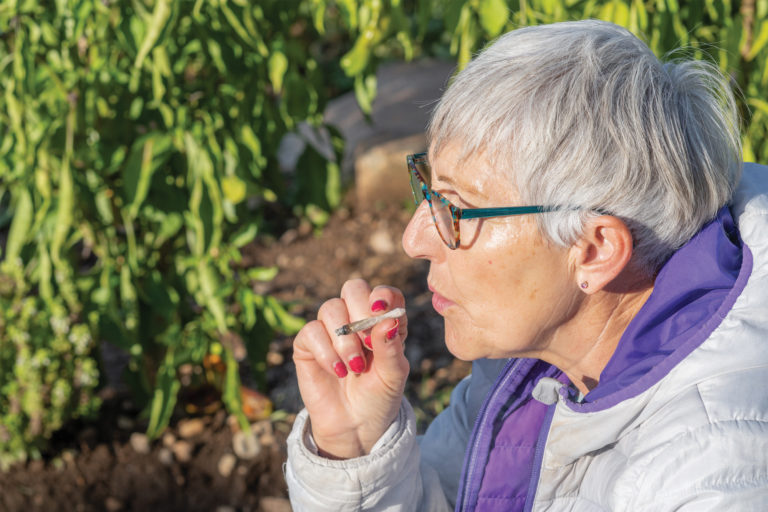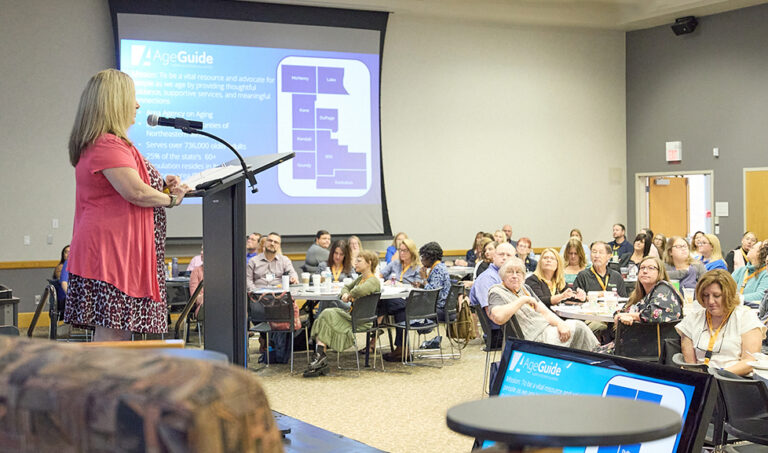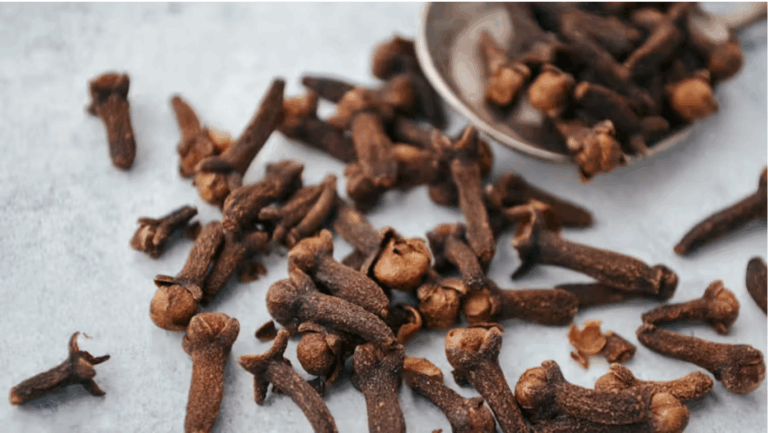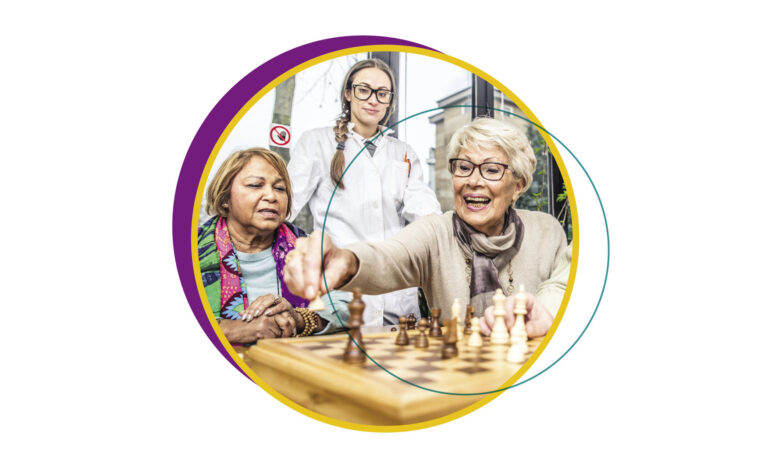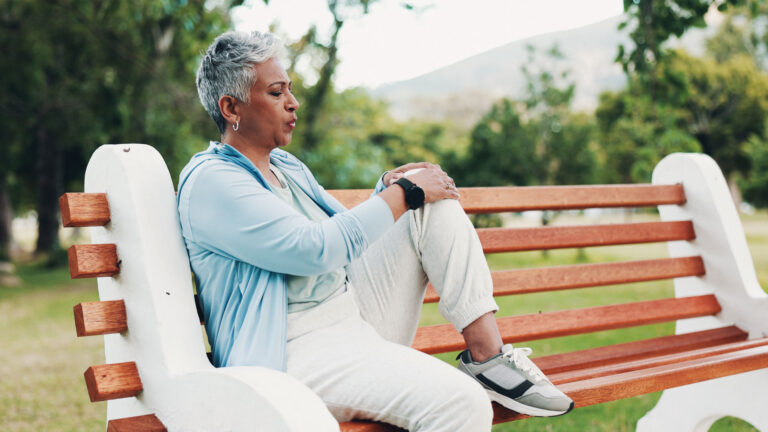
Debra is a freelance journalist who reports on issues related to health and wellness, social justice, education, and diversity.
Older adults turn to marijuana for pain relief
Each evening, Adrienne, an 80-year-old grandmother from the Chicago suburbs, eats a dime-sized piece of orange-flavored candy. The cannabis-infused candy contains 5 milligrams of THC, the psychoactive compound in marijuana. It’s not enough to make her feel high, but it’s just enough to help her feel drowsy, deal with the discomfort of fibromyalgia, and get a good night’s sleep.
“I had been having terrible sleep problems, and the pain I feel from fibromyalgia is now not so bad,” says Adrienne, who asked that her last name not be used for privacy.
Adrienne is among an increasing number of adults age 65 and older who use marijuana, also called cannabis, for medical and recreational reasons.
Medical use
The percentage of older adults using medical marijuana jumped from 2.4% in 2015 to 4.2% in 2018, according to a study published in JAMA Internal Medicine. Since that time, a slew of states have legalized recreational marijuana, including Illinois, which legalized it on January 1, 2020.
The open access is giving more seniors the opportunity to use cannabis to counter myriad medical issues, including chronic pain, sleep difficulties, and nausea associated with chemotherapy.
“Adult children and grandchildren, concerned about their elderly loved ones, are often the first to ask about cannabis for their pain management in my practice,” says Leslie Mendoza Temple, MD, medical director of the integrative medicine program at NorthShore University HealthSystem and a clinical associate professor of family medicine at the University of Chicago Pritzker School of Medicine.
“Some people see cannabis as a miracle cure-all, and others see it as an evil weed with no redeeming value. The truth is somewhere in the middle, and the research continues to build a case for cannabis’s therapeutic value,” she says.
In 2019, the board of directors for the 38 million-member AARP released a statement supporting the medical use of marijuana for older adults in states that have legalized it, but they stressed patients should do so in close consultation with their medical providers.
Before Illinois legalized recreational marijuana in 2020, it approved medical marijuana in legislation that went into effect in 2014. To be eligible for a medical cannabis registry card in Illinois, adults age 21 and older must be diagnosed with one of more than 30 debilitating conditions, including fibromyalgia, arthritis, cancer, glaucoma, HIV, AIDS, hepatitis C, agitation of Alzheimer’s disease, neuropathy, lupus, and irritable bowel syndrome.
While medical cannabis cards still exist in Illinois, it’s easier for most people to get recreational marijuana at an adult-use dispensary rather than to go through a state registry for medical access.
Edible options
For some seniors, 40 or 50 years may have passed since they last smoked pot as teenagers or as college students in the 1960s and 1970s, says Paul Lee, general manager of Dispensary 33 in Chicago’s Uptown neighborhood.
Today’s cannabis is stronger than what seniors may remember. Potencies vary, so individuals can ask staff at the dispensary to find a dose that’s right for their needs.
Cannabis is increasingly being consumed as edibles, rather than smoked. Some people buy edibles because of concerns about smoking and lung health, Lee says. However, with edibles, it’s easy to ingest too much, as one piece of gummy candy can contain a high level of THC. Plus, edibles can take 30 minutes to two hours to take effect, so it’s easy to think you aren’t feeling the effects immediately, consume more, and ingest too much.
Cannabis is not without its side effects. “Starting out, take a low, slow approach,” Mendoza Temple says.
“Adult children and grandchildren, concerned about their elderly loved ones, are often the first to ask about cannabis for their pain management.”
“Never take a whole edible when first starting out. Cut it into four pieces or more and have only one of those small pieces. If people prematurely take another piece before it fully manifests its effect, it could cause a bad ‘trip’ that could takes hours to dissipate.”
The National Institute on Drug Abuse suggests that 9% of people who use marijuana will become dependent on it, Mendoza Temple says. “It may interfere with safe driving and put others in harm’s way. The user needs to fully acknowledge these risks before using cannabis, whether it’s for medical or recreational purposes,” she adds.
Pain relief
Part of the cannabis family, CBD, or cannabidiol, has a range of benefits, from pain control to anxiety relief, yet it doesn’t contain psychoactive THC. CBD gels, ointments, and gummies are available over the counter in a range of locations, from select boutiques to some pharmacies and grocery stores.
Rocio, a 57-year-old Chicago resident who asked that her last name not be used, says CBD oils and gels helped her late mother cope with pain from pancreatic cancer. Today, Rocio uses CBD products to manage her pain from lower back problems. As a result, she is able to play tennis and do yoga and Pilates.
“CBD oils have helped me and my family in many ways,” Rocio says. “I don’t like to take medicine, so these supplements have made my life easier and less painful.”
Gay Gelman, originally from Highland Park, moved to California to be closer to family. There, she started Upside Edibles, which makes high-quality, cannabis-infused chocolate-covered fruit, toffee, and protein pops. She was inspired by her mother with arthritis, who was unable to access medical cannabis, and by her two sisters who had cancer and found relief through medical cannabis.
Providing relief to seniors is the heart of her mission, Gelman says. “If we can take the pain out of people’s lives, it can help us all age gracefully.”
Eighty-year-old Adrienne would likely agree with that assertion. She’s been eating that tiny piece of THC-infused candy every evening for three years.
“At first, I think my family found it kind of funny thinking about me doing that,” she says. “But they’re pleased that I’m sleeping better and have less pain.”

